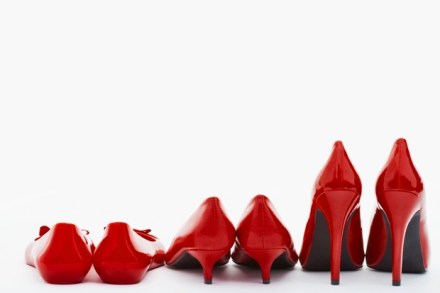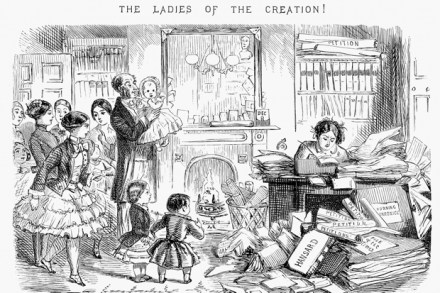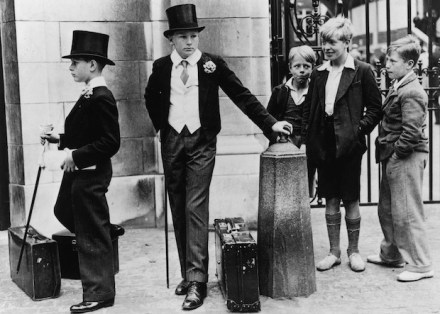An A-to-Z guide to the new PC
[audioplayer src=”http://traffic.libsyn.com/spectator/TheViewFrom22_5_Feb_2015_v4.mp3″ title=”Brendan O’Neill and Cambridge Union president Tim Squirrell debate the new political correctness” startat=33] Listen [/audioplayer]Anyone who thought political correctness had croaked, joining neon leg warmers, mullets and MC Hammer in the graveyard of bad ideas from the late 1980s and 1990s, should think again. When even someone as gay-friendly and Guardian-hued as Benedict Cumberbatch can be hounded for incorrectness, you know no one’s safe. So what can you say? Here’s an A-to-Z guide to the new PC. A is for America. One-time land of the free, founded by un-PC white dudes partial to a drink and sex with slaves, but more recently the birthplace of identity politics





















